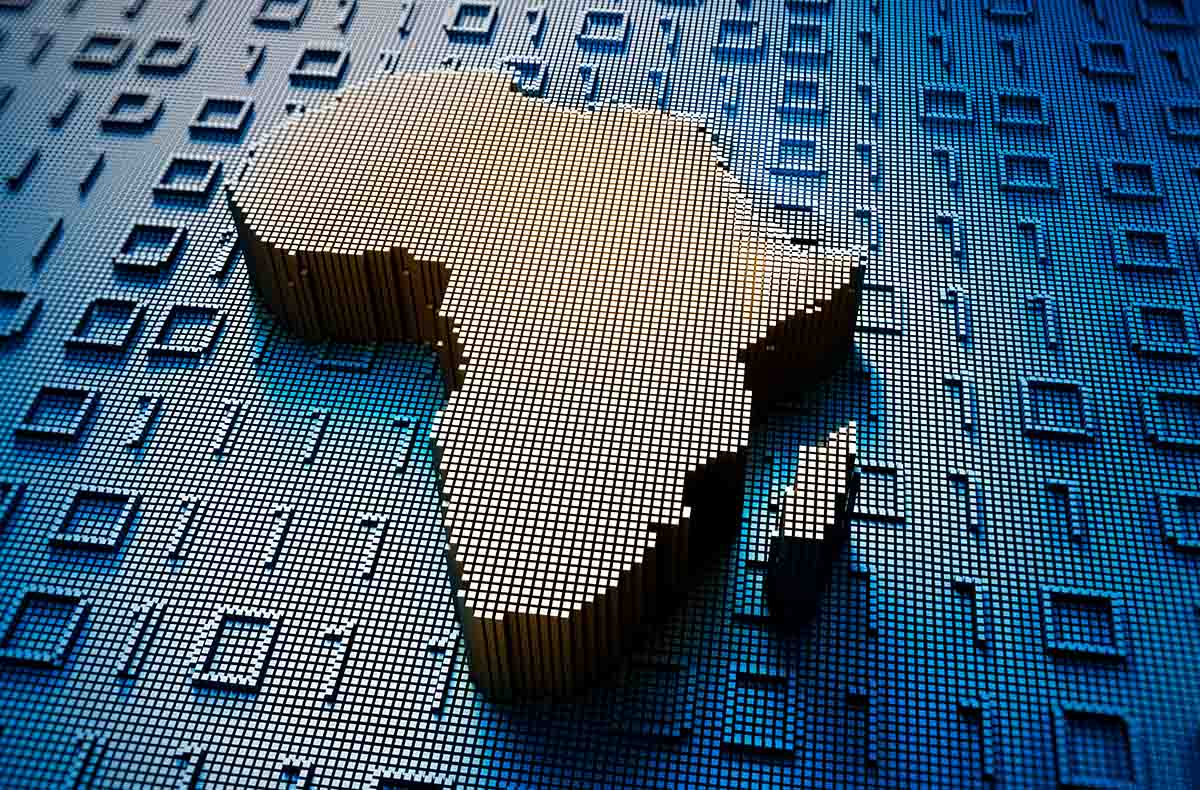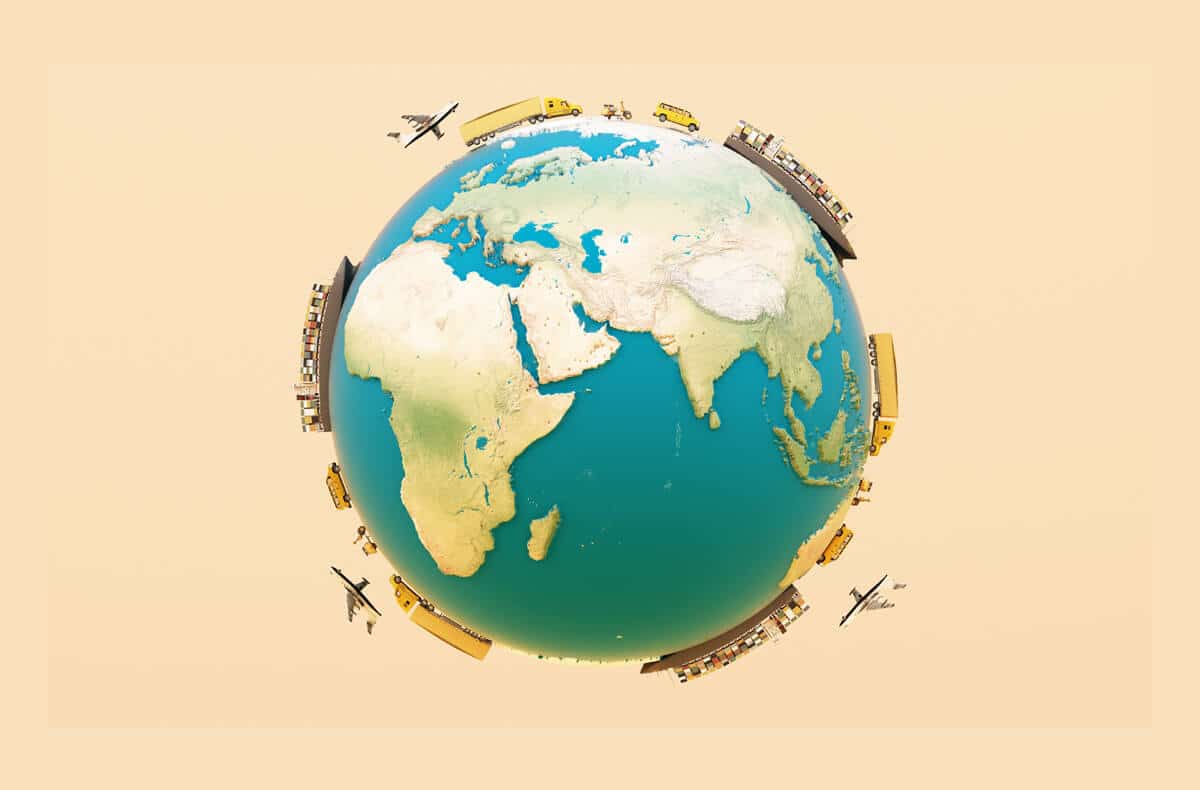
Located in Gauteng, South Africa
The world is undergoing significant multi-polarization, spanning economic, political, and social interactions between all nations. This transformation is driven by concerns about the weaponization of global access to commerce, communications, networks, and other entities by home countries, restricting use by disagreeing nations. Unipolarity seems no longer fit for purpose. While multipolarity provides developing countries with alternatives, its downsides are still undergoing scrutiny.
Historically, Africa has often been relegated to a testing and dumping ground across sectors, especially with healthcare products and services, agriculture and agro-allied, and now, technology. Without checks, balances, and contributions to the design and development of these products and services, Africa has adapted to them rather than influenced their evolution. Over the years, this approach has resulted in diverse cases of misapplication with serious negative effects, most leading to uncompensated and undocumented loss of life. Western corporations often maintain silence, leveraging their financial influence to block policies and investigations from their home countries and Africa. A stark example is evident in the oil and gas sector, particularly in my home country Nigeria, where meaningful calls for equity and justice regarding the destruction of communities due to gas flaring and oil spillage remain elusive for decades.
In the current era of cyber advancements, the world now faces boundless and instantaneous challenges. A harmful program or virus released anywhere can swiftly impact all African mobile phones or computers. Hackers possess the capability to disrupt any central bank in Africa or inflict untold damage on critical infrastructure. The advent of artificial intelligence further intensifies these stakes. As the rest of the world grapples with the development and use of emerging technologies and the description of templates and rules of play, Africa’s position at the global conversation table becomes crucial. It prompts introspection on how Africa is projecting its position, protecting itself against potential vices, and developing engagement policy frameworks.
In the realm of AI, success extends beyond programming and coding skills to include cultural, racial, and social inputs that positively engage biases for optimal global operability. These factors significantly influence AI developers in selecting applications, datasets, and training algorithms. Including diverse talent directly impacts the product’s functionality and universal acceptance. A recent study by the Harvard Business Review, utilizing its TIDE framework (Talent pool, Investments, Diversity of talent, and Evolution of the country’s digital foundations), underscores the importance of a diverse AI talent pool and also shares potential thriving locations. Today, the three most in-demand skills on monster.com are AI-related further highlighting the global demand for this expertise. However, with just three African cities bottoming amongst the top 50 AI talent pool cities, there is a call for Africa to do more. Deliberate efforts are needed to attract financing, develop infrastructure, and train and retain talent, especially considering the flexibility of remote collaboration in emerging technologies.
Nigeria, home to 5 of the 7 tech unicorns in Africa, has the potential to lead by example. A concerted effort in developing policies and incentives for emerging technology investments, including the establishment of tech infrastructure and centers of innovation, is essential. Notably, a Nigerian company is embarking on the Nigeria Science Park project—a $1.25 billion initiative by AfriAsia Transatlantic Services Limited. This project aims to build a Smart City in Abuja metropolis, potentially marking the beginning of a movement to reshape the African narrative in the emerging technologies conversation. The outcome remains to be seen, but it holds promise for a positive trajectory.



